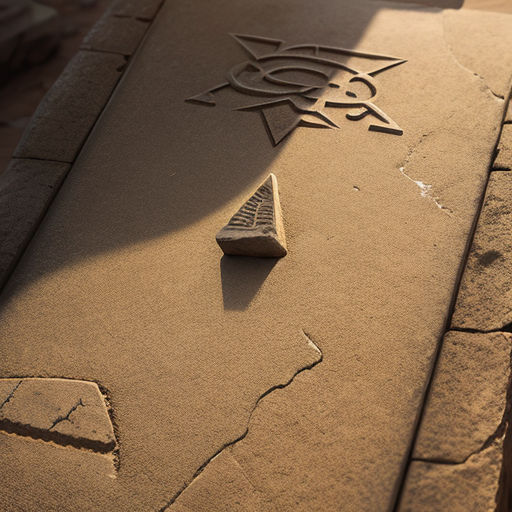
The Anunnakis and the Copied Bible
By Alexandre xand

28 Aug, 2023
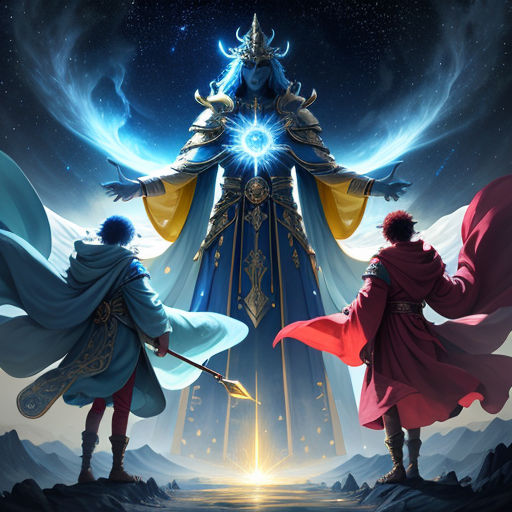
The story of humanity, according to ancient Sumerian texts, begins with the divine beings known as the Anunnakis. These celestial entities hailed from a distant residential planet, Nibiru, and descended upon Earth to shape humankind's destiny.
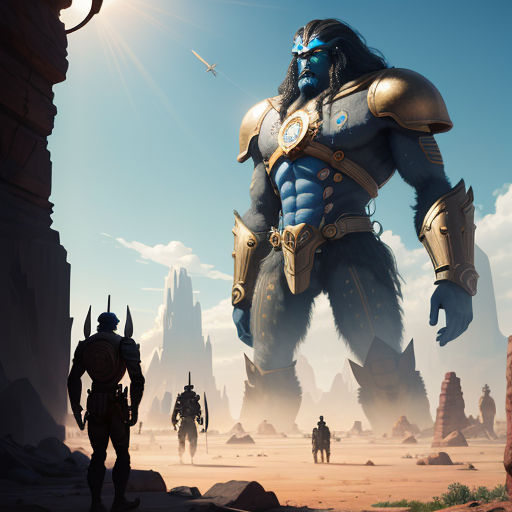
The Anunnakis, upon reaching Earth, discovered a primitive breed of hominids. The hominids were crude and lacked advanced cognitive abilities, prompting the Anunnakis to intercede.

Through the intervention of the Anunnakis, the simple hominids evolved into intelligent beings. They possessed sophisticated faculties and showcased an extraordinary ability to learn and adapt.

These newly-enhanced beings were the ancestors of modern humans. The Anunnakis, satisfied with their creation, decided to impart to them various forms of knowledge.

One of the knowledge forms passed on to humans was writing. The Sumerians, as the humans were known, became the first civilization to transcribe their daily lives, thoughts, and sacred scripts.

Among their writings, the Sumerians transcribed the tales and teachings of the Anunnakis. These sacred texts were meant to serve as guidance for future generations.
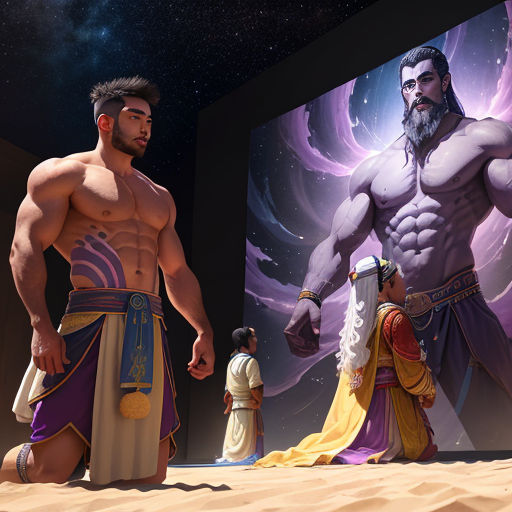
The sacred text of the Sumerians portrays the Anunnaki as benevolent beings who guided humans towards prosperity. They were seen as creators, teachers, and father figures.
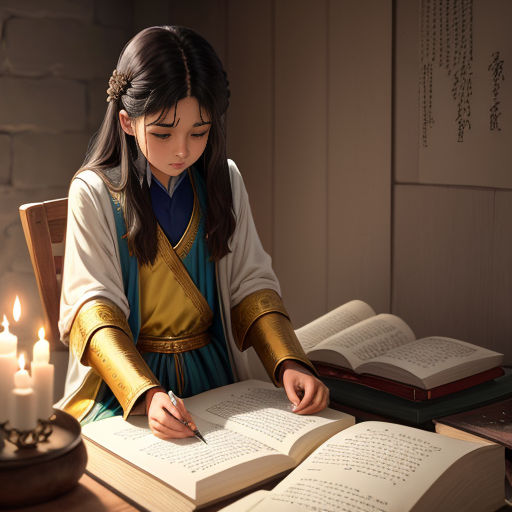
The ancient texts also recount tales of catastrophic floods, divine retribution, and extraordinary events, which resonate through the centuries and find echoes in the verses of the Bible.
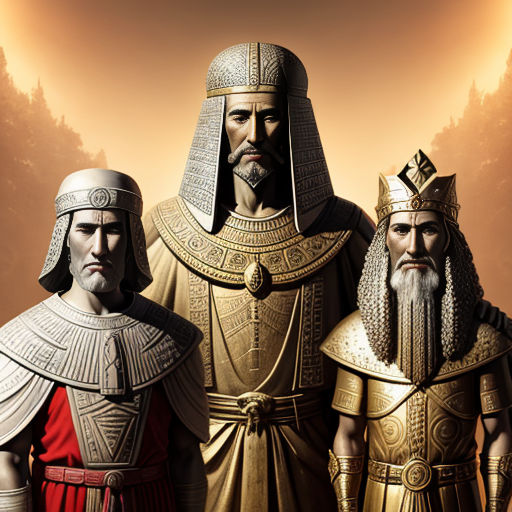
Many scholars hypothesize that the Biblical narratives were based upon these Sumerian texts. They suggest that the Bible isn't original, but a reiteration of the Anunnaki tale.
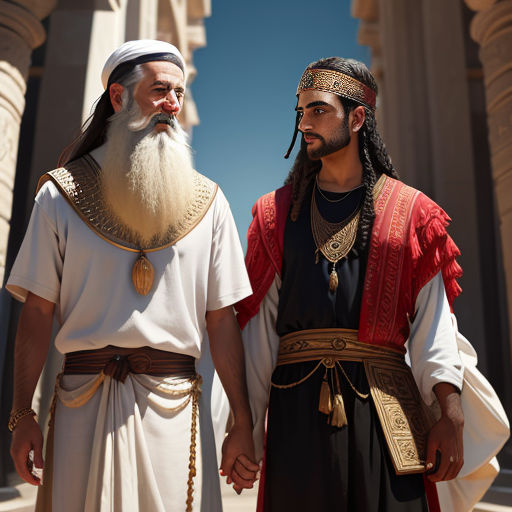
The existence of similar themes, narratives, and characters between the Sumerian texts and the Bible validates the hypothesis that these stories were passed down, adapted, and rewritten throughout the centuries.

The creation tale in Genesis seems to mirror the Sumerian account of human creation by Anunnakis. The epic flood and the story of Noah also reflect ancient Sumerian legends.
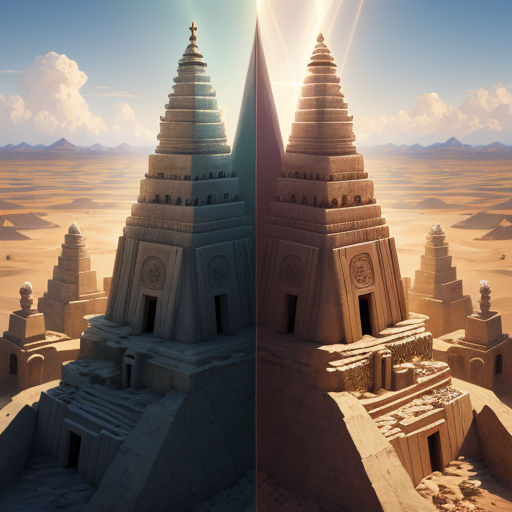
The concept of divine intervention in human affairs, widespread in both Sumerian and Biblical texts, further substantiates the correlation. The Anunnakis' role in shaping humanity rings familiar to the Biblical God's influence.

However, the idea of the Bible being a copied version of Sumerian tales remains controversial. Certain critics argue that the similarities are mere coincidences or common human interpretations of the divine.

Other skeptics believe that the Sumerians might have borrowed from older stories, implying that both Bible and Sumerian texts could be derivatives of an ancient, common source.
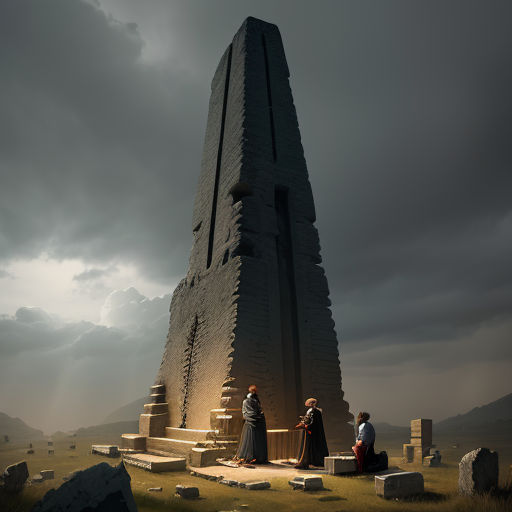
The debate continues, as the definitive truth remains shrouded in the mists of time. What can be agreed upon is that both Sumerian texts and the Bible have had an indelible impact on humanity.

They've shaped cultures, defined moral codes, influenced literature, inspired art, and provided solace during tumultuous times. Irrespective of their origin, their value is undeniable.

The tale of the Anunnakis reminds us of humanity's humble beginnings, showcasing our innate craving for knowledge and our capacity for advancement.

The Biblical stories, echoed from the Sumerian scripts or not, carry profound life lessons. They provide guidelines for ethical living and offer reassurance in the face of adversity.

Whether the Anunnakis were real or symbolic, their stories articulate our desire to understand our place in the universe. They reflect our longing for divine guidance and protection.

Similarly, the Bible, regardless of its origin, fills the void of spiritual emptiness. It acts as a guide for lost souls, illuminating the path of goodness.

As the narrative unfolds, Sumerian tales and the Bible intersect, painting a vibrant canvas of human history. They represent the tapestry of humanity, intertwined with the threads of divine intervention.

Diverging paths lead to the same destination - a testament to the shared heritage of our species. We are mere reflections of our past, shaped by ancient narratives and celestial entities.

The story of the Anunnakis and the copied Bible is a fascinating exploration of our roots. It retraces the steps of our ancestors, illuminating the path they tread.

It challenges us to question, to seek, to unravel the mysteries shrouding our existence. It beckons us closer towards the unfathomable depths of our origin.
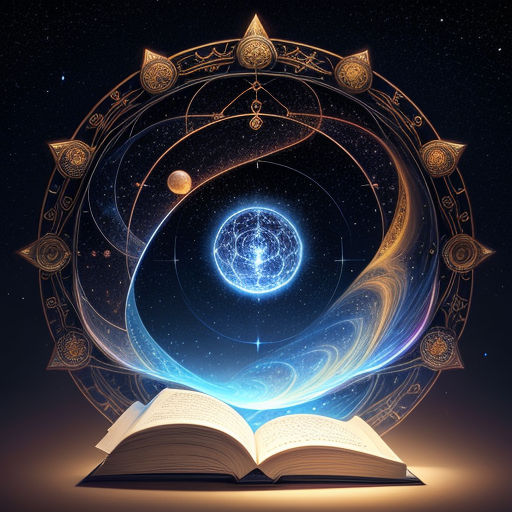
Amidst the contention and debates, the truth resonates clear - we are products of a majestic past, woven together by cosmic entities and ancient scribes.

Our stories, be it the Sumerian texts or the Bible, are our legacy. They whisper secrets from the past, inspiring us to dream, to aspire, and to evolve.
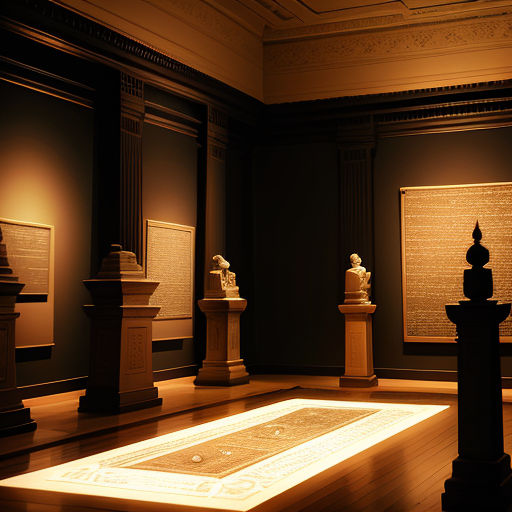
So, let us celebrate these stories, these splendid relics of our past. Let us honor the Anunnakis and the scribes who captured their tales, leaving us a legacy to cherish.

For in these narratives, we find glimpses of our past, echoes of our struggles, and footprints of our journey. They are the silent teachers, guiding us through the labyrinth of existence.
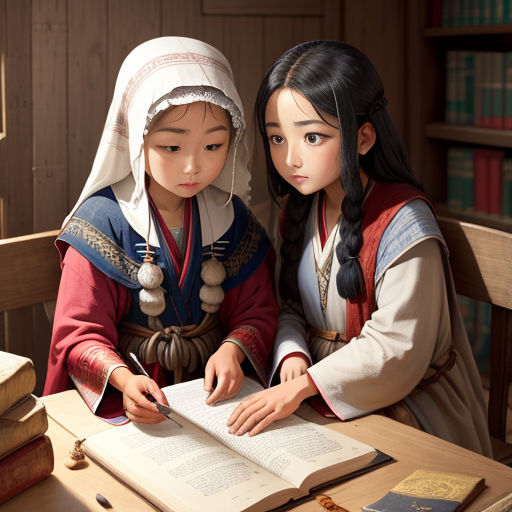
The Anunnakis and the copied Bible, each whispering tales of antiquity, serve as reminders of our shared heritage. They are the threads that bind us together, encouraging us to uncover the richness of our past.

As we delve deep into these narratives, we discover truths about ourselves, our potential, and our place in the infinite cosmos. We discover the power of stories, the power of our shared history.

May we continue to explore, to interpret, and to glean meaning from these ancient texts. For in their wisdom and mystery, we find a compass guiding us towards our future.
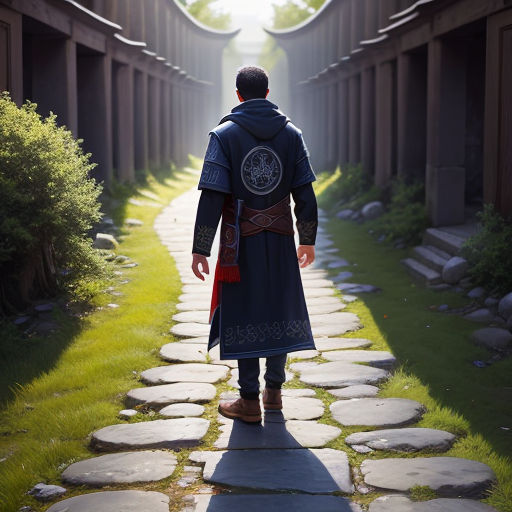
Each tale, each verse, each glyph serves as a steppingstone on our journey of discovery. They bridge the gap between the past and present, illuminating the path of our destiny.

So let us listen to these celestial tales, let us learn from the lessons of our ancestors. For in the echo of these ancient narratives, we find the melody of our existence.

The tale of the Anunnakis and the copied Bible is not merely a story. It is a testament to our journey as a species, a celebration of our collective heritage, and a beacon guiding us towards the future.

It is a reminder of our duty – to preserve, unravel, and pass on the knowledge entrusted to us by our ancestors. For in these ancient texts, we discover the essence of our humanity.